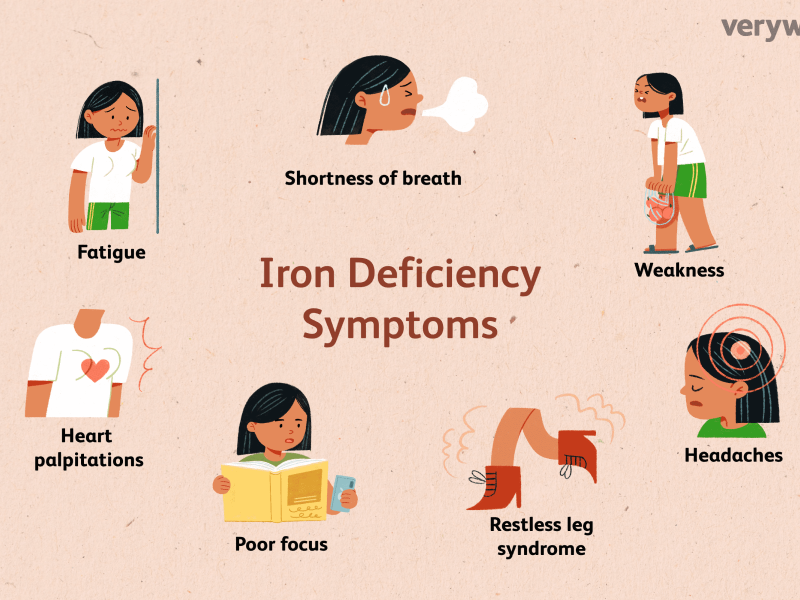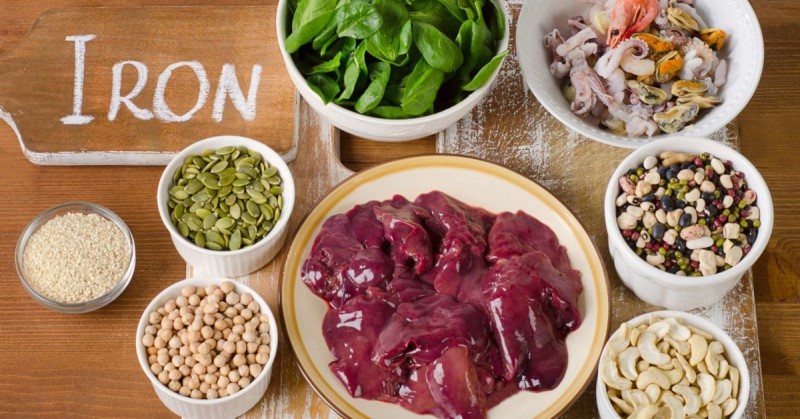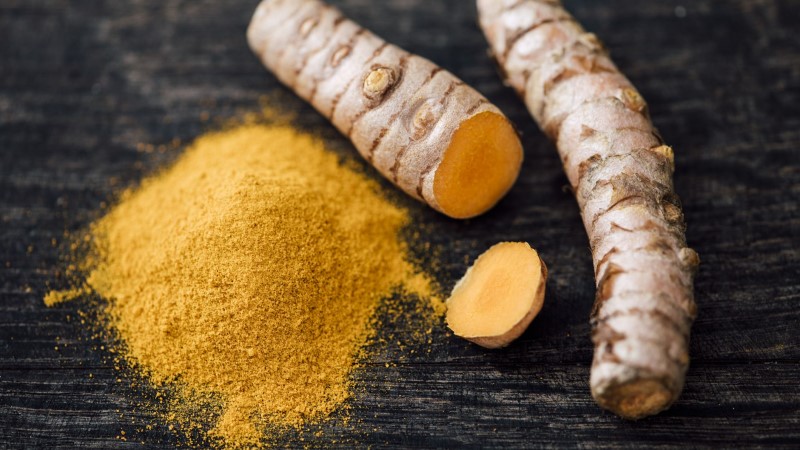Iron is one of the most important micronutrients required by the body for its normal functioning. It supports the body in various functioning mechanisms, and our body needs it in the right amounts. But if we fail to provide the correct and adequate amounts of iron to our body, then it will lead to iron deficiency, which is very prominently observed nowadays, especially in vegetarians.
Starting from why we need iron, to which are the best iron sources to the best ways to increase iron content in the body, this piece will cover it all for you.
Why we need iron?
Iron is known to be an essential nutrient that plays a vital role in many functions related to the body. Iron is primarily needed for the transport of oxygen throughout the body.

Your body can’t make enough of a component in red blood cells that allows them to carry oxygen if you don’t have enough iron (hemoglobin).An iron-deficient diet can lead to:

- Shortness of breath
- Headaches
- Weakness
- Anxiety
- Irritability
- Depression
- Hair loss
- Poor skin
- Low energy levels
- Dizziness
- Anemia
Daily Requirement of IRON.
The recommended daily intake (RDI) is based on an average intake of 18 mg per day.
However, individual requirements vary based on a person’s gender and life stage.
This amount increases to 18 mg per day for menstruating women and 27 mg per day for pregnant women.
Why vegetarians need more iron?

There are 2 types of iron: Heme & Non-heme.
Non-heme iron is the one found in vegetarian sources, whose bioavailability and absorption are low compared to the heme iron, which is found in non-vegetarian sources.
Therefore, the RDI for vegetarians and vegans is 1.8 times higher than for meat-eaters.
Top Vegan Foods Rich in Iron.
| Soyabean | 8.8 mg per cup, 49% of the RDI. |
| Lentils | 6.6 mg per cup cooked, or 37% of the RDI. |
| Poha or beaten rice | 6.1mg per cup, 32% RDI |
| Nuts & seeds (flax seeds, Aliv seeds, sesame seeds, pumpkin seeds); 2 tbsp. | 1.2–4.2 mg, 7-23% of the RDI |
| Leafy greens 100 gm Spinach | 2.5–6.4 mg of iron per cooked cup, 14–36% of the RDI. 1.1 times more iron than the same amount of red meat. 2.2 times more than 100 grams of salmon. 3.6 times more than the same amount of chicken. |
| Potato | 3.2 mg of iron, 18% of the RDI |
| Sweet Potato | 2.1 mg, 12% of the RDI |
| White Mushrooms | 2.7 mg, 15% of the RDI |
| Broccoli | 1 mg of iron, 6% of the RDI |
| Mulberries | 2.6 mg of iron per cup — 14% of the RDI 85% of the RDI for vitamin C |
| Amaranth (“pseudo-cereal” Chaulai) | 5.2 mg of iron per cup cooked, 29% of the RDI |
| Quinoa | 2.8 mg of iron per cup cooked, 16% of the RDI. |
| Coconut milk | 3.8 mg per half-cup (118 ml), 21% of the RDI. |
| Dark chocolate | 3.3 mg of iron per ounce (28 grams), 18% of the RDI |
Indian Home Remedies to Increase Iron Absorption.
For home remedies, you can consume Haldi milk, Tea, or water to remove fatigue caused by the deficiency of iron & increase its absorption by removing toxicity.

How to Increase Iron Absorption from Plant Foods?
Here are the best-researched methods backed by science to increase Iron Absorption.
- Combine vitamin C-rich foods with Iron. Consuming vitamin C-rich foods together with foods rich in non-heme iron may increase the absorption of iron by Up to 300%.
- Combine with Vitamin A & beta carotene.
- Avoid coffee and tea with meals. Drinking coffee and tea with meals can reduce iron absorption by 50-90%.
- Soaking Whole grains and pulses can lead to an increase in its absorption.
- Sprouting. It can increase the presence of the amount of iron in food by 30 Times.
- Fermentation. It is known to be the best method for absorption of iron and improving gut health.
- Use a cast-iron pan. Foods prepared in a cast iron pan tend to provide two to three times more iron than those prepared in non-iron cookware.
- Consume lysine-rich foods. Consuming plant foods like legumes and quinoa that are rich in the amino acid lysine together with your iron-rich meals may increase iron absorption.
- Calcium. Calcium may inhibit iron absorption. For best absorption of iron, avoid taking calcium supplements at the same time as eating iron-rich foods.
- Zinc. Excessive intakes of zinc (as a result of overuse of zinc supplements) can also impair iron absorption.
These were the tips and suggestions for all the people who are suffering from iron deficiency or the ones who feel so, or for spreading awareness to the ones who can prevent it in the future.
